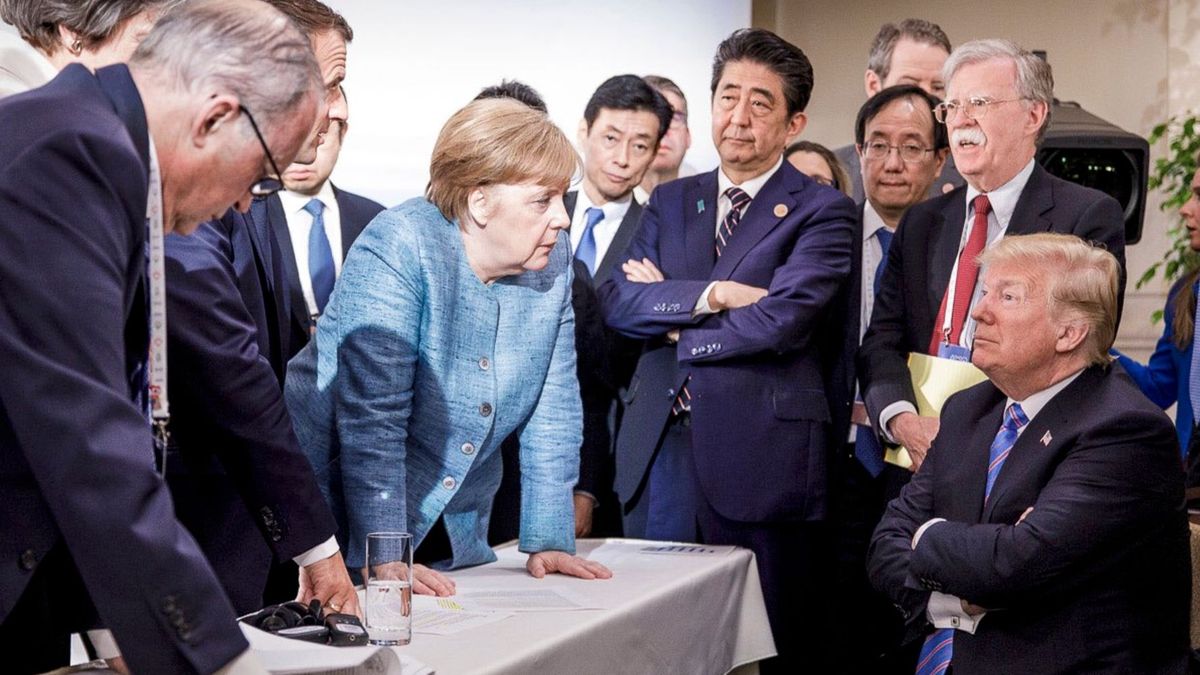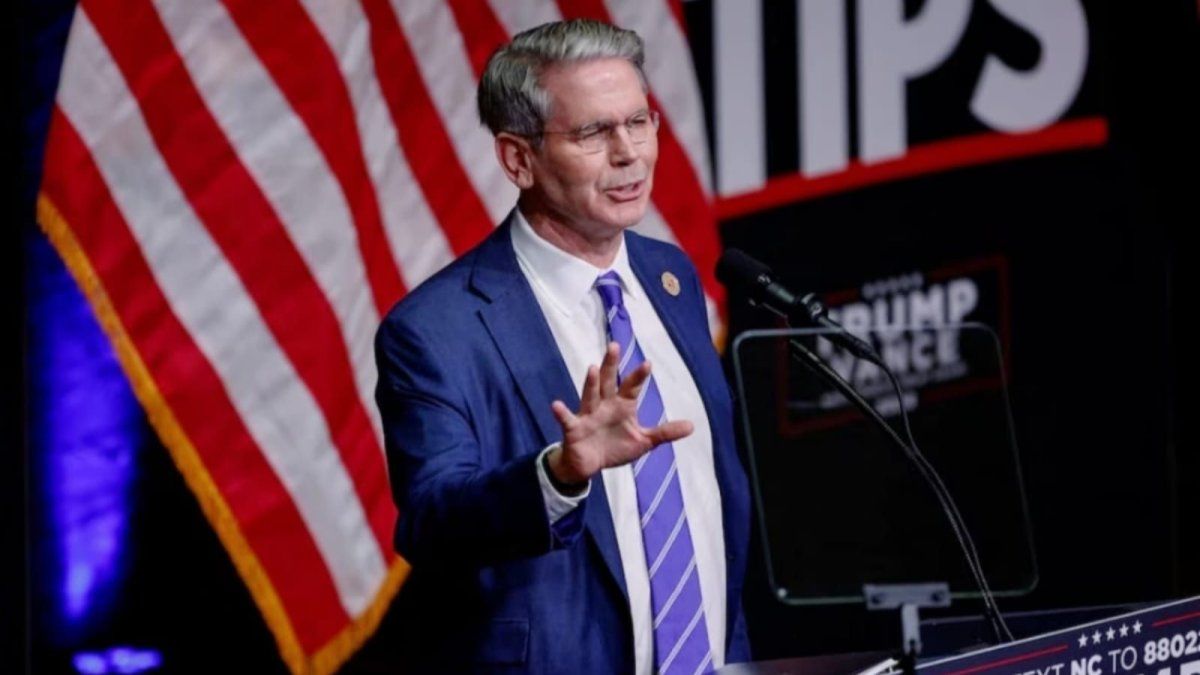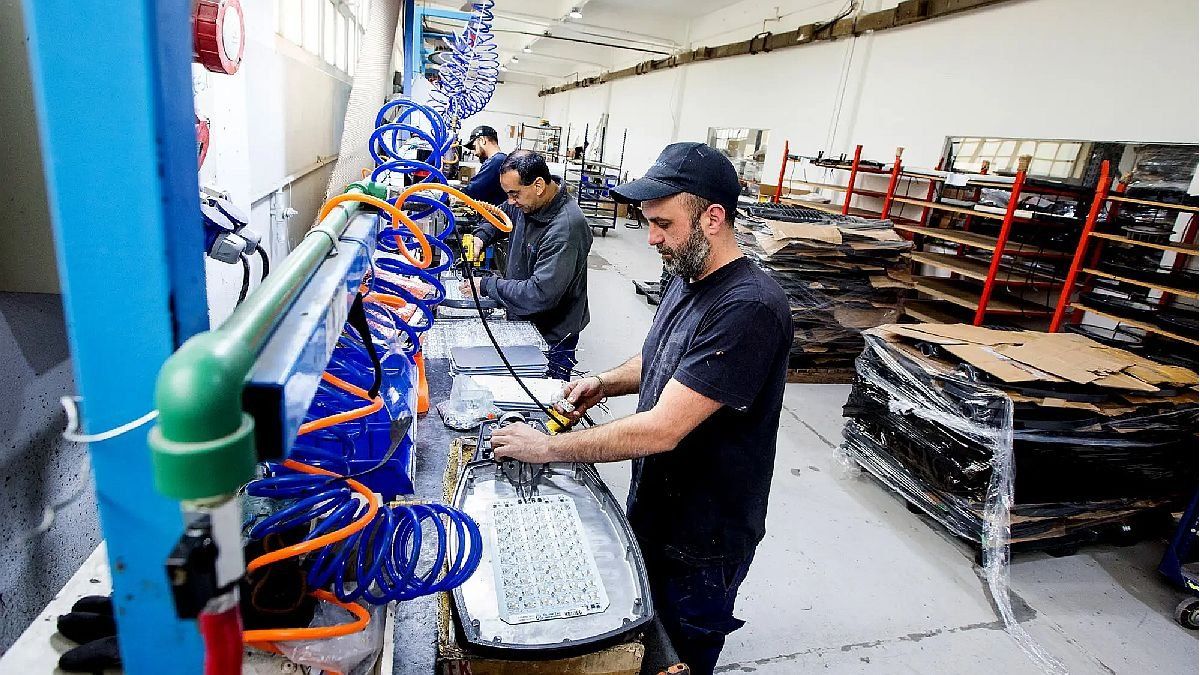The race to fill this position opens in 2022 but, according to analysts, the results may not live up to expectations.
In the end, it is possible that no one has, for now, the capacity to face alone the deep problems that the EU is going through: from the weakening of the rule of law in some member countries, to the risk of geopolitical marginalization or the setbacks of the Brexit.
Angela Merkel, replaced in December as head of Germany by the Social Democrat Olaf Scholz, marked Europe with its effort to keep the Union cohesive despite long and numerous crises.
Merkel “is seen as the ‘de facto’ leader of the European Union, and also of the free world,” writes Sebastian Reiche, a professor at the business school (IESE) of the University of Navarra, in Spain, on his blog .
Recent research by the European Council on Foreign Relations (ECFR) think tank revealed that, if they could, 41% of Europeans would support Angela Merkel as president of Europe, compared to only 14% who would do it for French President Emmanuel Macron, the other character they asked about in their poll.
However, the French head of state has before him an opportunity to fill that position, the first stage of which will be the six-month presidency of the EU that France will assume in January.
Merkel’s departure “could allow the French vision of a powerful Europe to develop. Something that Macron has defended since he came to power,” explains Alexandre Robinet-Borgomano, in a text published by the French analysis center, the Institut Montaigne. .
“It is President Macron who takes the initiative “to regain European leadership, “Although their self-proclaimed attempts to give the European Union a clearly political objective have so far been held back,” responds Helen Thompson, a professor at the University of Cambridge, in a platform recently published in the New York Times.
Mario Draghi 1200.jpg
In this context, the Franco-Italian treaty that Macron signed with Mario Draghi (key in the new post-Brexit European alliances) has not gone unnoticed.
The two leaders have just launched a joint call to reform European budgetary rules to allow more money to be spent on investments. This initiative will not be to the liking of the northern European countries, which are more orthodox in terms of public finances.
Even more so when the head of the Italian government, nicknamed “Super Mario” after his performance at the head of the European Central Bank, is seen as a potential candidate for European leadership.
“The return of stability at the domestic level, together with the strong personal ties it has with its European partners, serve as excellent references to reaffirm Italy’s presence on the European scene”, considers Nicoletta Pirozzi, from the Istituto Affari think tank Internazionali de Roma, in the magazine Internationale Politik.
However, Draghi’s popularity could be “temporary, since he was born in the economic crisis caused by the health emergency” of Covid-19, adds Pirozzi.
macron.jpg
Macron, for his part, faces a not easy 2022 domestically, with presidential elections in spring whose outcome is highly uncertain due to the rise of the extreme right.
This could cause France to focus more on its internal political problems than on developing its grand visions for Europe.
In Germany, long dubbed “Greater Switzerland” for its tendency to prioritize economic prosperity over big international issues, the pieces are beginning to move.
“We want to increase the strategic sovereignty of the European Union”, and better defend “common European interests”, can be read in the coalition agreement of the new government of Olaf Scholz.
But to achieve this, Scholz, who presents himself as Merkel’s heir (he was number two in her government) will have to violently break with certain structures.
To begin with, with “Merkelism”, a diplomacy focused on the permanent search for agreements, which prefers to wait in moments of crisis before acting and gives priority to economic interests, including with authoritarian regimes such as Russia Y China.
This system begins to show its limits. “I shouldn’t outlive Merkel,” because it does not allow “to fix Europe’s challenges, such as the pandemic, climate change or international geopolitical competition”, say Piotr Buras and Jana Puglierin in the ECFR analysis.
A supporter of stronger solutions, would Emmanuel Macron be the best placed?
“Macron’s leadership is an option, but it is unlikely” because of his problems in forging “the necessary alliances”, warns Professor Sebastian Reiche. Furthermore, there is a feeling that France wants to use Europe to defend its own interests.
And Helen Thompson is even more pessimistic.
“Currently weakened by the rivalry between the United States and China and deeply divided internally, the European Union cannot be led, no one can be the new Angela Merkel“, defends the Cambridge professor.
“The reality, speaking clearly, is that neither the German chancellor nor the French government can lead Europe and, without leadership, Europe is heading for stagnation,” predicts Thompson.
Source From: Ambito
David William is a talented author who has made a name for himself in the world of writing. He is a professional author who writes on a wide range of topics, from general interest to opinion news. David is currently working as a writer at 24 hours worlds where he brings his unique perspective and in-depth research to his articles, making them both informative and engaging.




